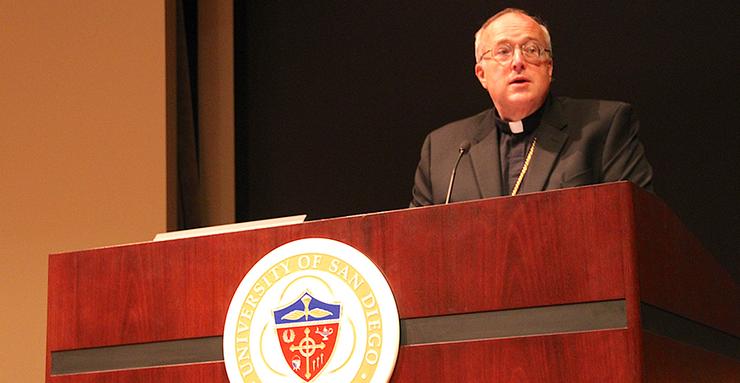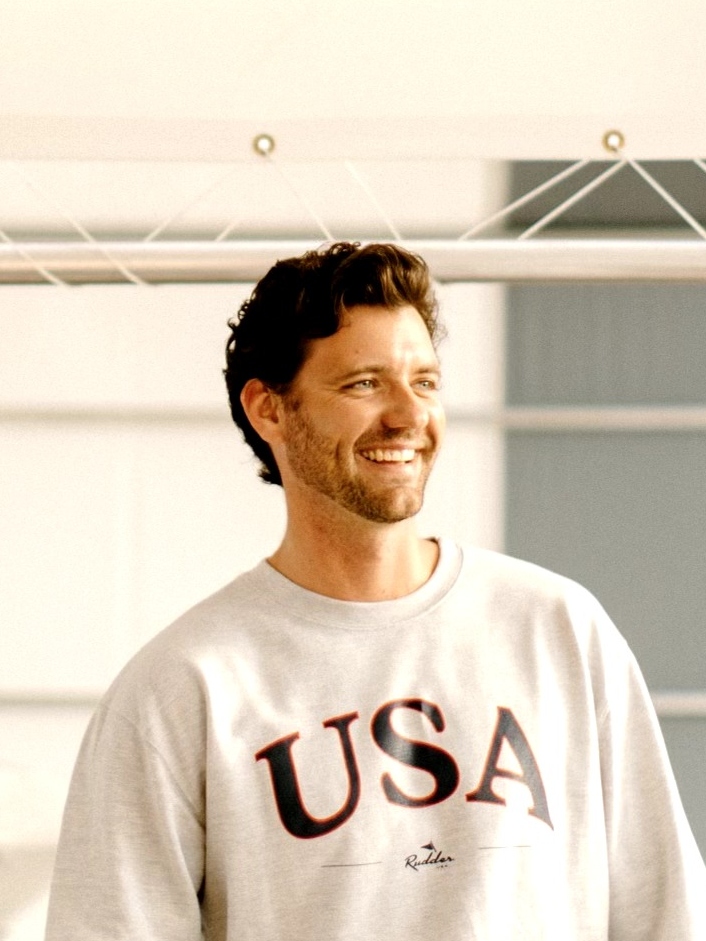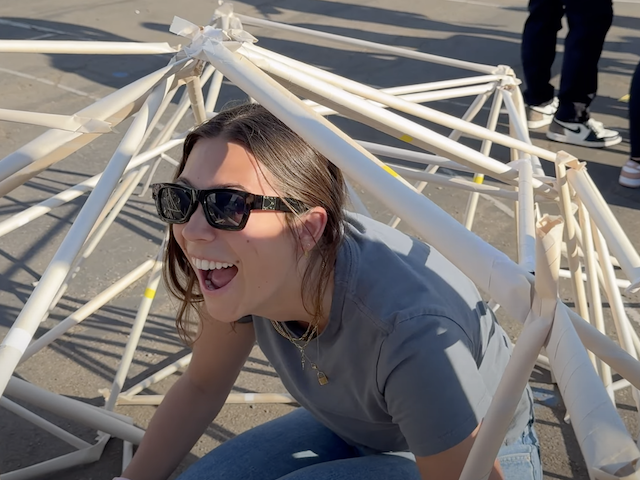Catholic Conference Showcases Solidarity for Immigrant Integration
 Most Rev. Robert W. McElroy, Bishop of San Diego, spoke at the Catholic Immigrant Integration Initiative Conference on Monday at the University of San Diego.
Most Rev. Robert W. McElroy, Bishop of San Diego, spoke at the Catholic Immigrant Integration Initiative Conference on Monday at the University of San Diego.From the opening remarks by Bishop of San Diego Most Rev. Robert McElroy and University of San Diego President James T. Harris III to expert panelists representing faith and charitable organizations, university scholars, centers and more, the word Solidarity, a highly valued characteristic of Catholic Social Teaching, has been on the minds of many this week at USD.
Men and women who are leaders across the nation and internationally across the U.S.-Mexico border participated in the Catholic Immigrant Integration Initiative Conference at the Joan B. Kroc Institute for Peace and Justice. The two days of discussion and ideas and today's site visits to the Diocese of San Diego's Catholic Charities facility and Tijuana's Casa del Migrante shows that the need for solidarity and action is critically important.
"It's been a powerful couple of days," said Donald Kerwin, executive director of New York’s Center for Migration Studies (CMS), reflecting Tuesday on his own takeaways. "A very, very rich and inspiring couple of days."
Indeed, both Bishop McElroy and President Harris set a tone on Monday with their opening statements.
"President Harris started off by calling this very institution (USD) an immigrant university and a binational community which would stand in solidarity with DACA students and other undocumented persons," Kerwin recalled. "He quoted President Abraham Lincoln when he said the United States can't return to a time where whole sectors of society are excluded and invisible. What a beautiful way to put it, a powerful way to put it."
Bishop McElroy, speaking about immigration and deportation issues that has been a major topic of discussion and concern during the recent presidential election, offered his assessment.
"During the past months the specter of a massive deportation campaign aimed at ripping more than ten million undocumented immigrants from their lives and families has realistically emerged as potential federal policy," McElroy said. "We must label this policy proposal for what it is — an act of injustice which would stain our national honor in the same manner as the progressive dispossession of the Native American peoples of the United States and the interment of the Japanese.
"For us, as the Catholic community of the United States," he continued, "it is unthinkable that we will stand by while more than ten percent of our flock is ripped from our midst and deported. It is equally unthinkable that we as Church will witness the destruction of our historic national outreach to refugees at a time when the need to offer safe haven to refugees is growing throughout the world."
Over the two days of the conference, speakers and presenters and attendees delved into discussions and idea formation to assist the continuing efforts of CMS, which is "an educational institute and think tank devoted to the study of international migration, promotion of understanding between immigrants and receiving communities and to public policies that safeguard the dignity and rights of migrants, refugees and newcomers."
Topics included a closer look at migrants and refugees in Pope Francis' vision of church and society; emergency responses to refugees and migrants; workshops that examined migration-related research, empowerment of immigrant youth and public policy advocacy and organizing; a post-election review regarding implications for immigration reform consistent with Catholic teaching; other faith-based perspectives (Jewish, Lutheran and Evangelical) on immigrant welcome and integration; Church efforts to welcome, serve, empower and integrate immigrants; and fashioning a holistic Church commitment to immigrants.
The latter was a small-group breakout session for attendees to seek best practices and areas in which Church improvements are needed in order to welcome, serve, empower and integrate immigrants.
Kerwin said Bishop McElroy's remarks and his sermon at Mass on Monday provide a clear reminder and perspective to keep while continuing this important work.
"Bishop McElroy urged us to move ahead in the knowledge that a path would emerge based on our relationship with a loving God, which is a great thing to say when it's not quite clear what the path is and to be reminded of the fundamentals," Kerwin said.
The University of San Diego, which hosted this conference with CMS and Catholic Charities, was an important contributor. Just days before, President Harris stated his desire to support USD’s Deferred Action for Childhood Arrivals (DACA) students in a campus wide message. The university was also represented at the conference by Deacon Jeffrey Burns, director of the Frances G. Harpst Center for Catholic Thought and Culture, University Ministry Director and Assistant Vice President Michael Lovette-Colyer and Carmen Vazquez, vice president of student affairs.
"I think this is a moral imperative with the Church — and when I say Church, I mean we the people — because you can tell by the conference's representatives that we, the Catholic community, need to activate what we believe to be our imperative for the advancement of immigrants in our community," Vazquez said. "The key focal point of this conference, I think, is 'what do we mean by integration in the sense of creating belonging, a home and a feeling that we are in this journey together?' I came away from this hearing that folks are very fearful. We have to live in a way that says ‘mi casa es su casa (My house is your house),’ and together we will walk this journey. You're not alone. For me, the Catholic imperative is solidarity. It's a commitment to family and underlining all of it is the dignity of every person. Every person is sacred. That's Catholic. That's why we're here."
— Ryan T. Blystone



